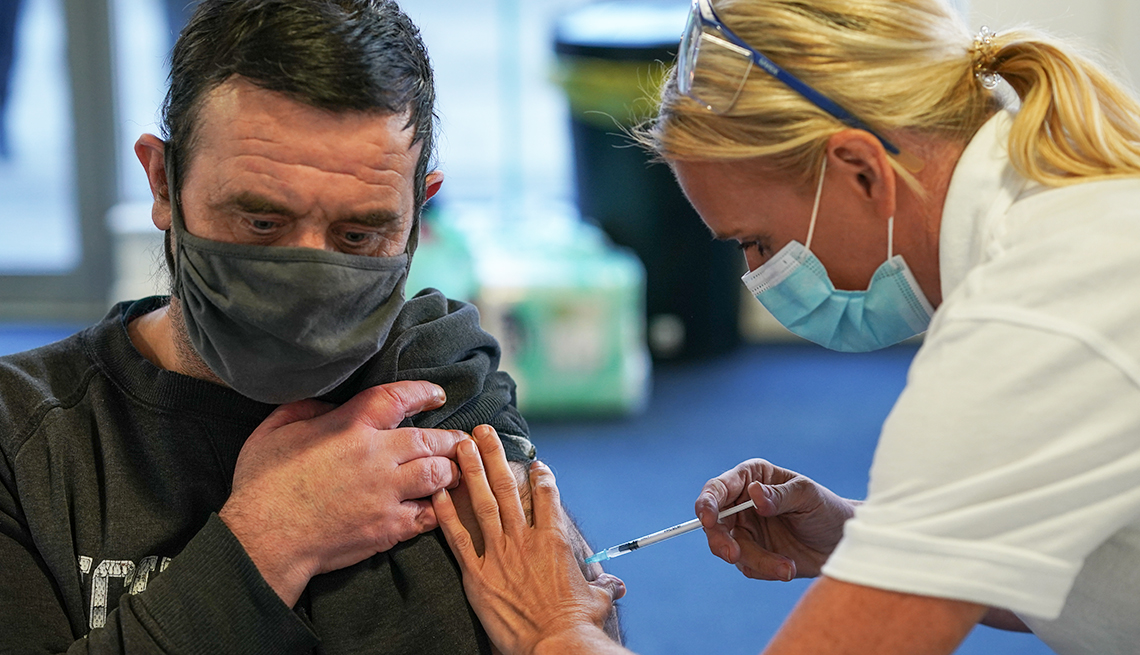
Supreme court halts vaccine mandate for large employers
- Select a language for the TTS:
- UK English Female
- UK English Male
- US English Female
- US English Male
- Australian Female
- Australian Male
- Language selected: (auto detect) - EN
Play all audios:

When crafting the OSHA rule, White House officials always anticipated legal challenges — and privately some harbored doubts that it could withstand them. The administration nonetheless
still views the rule as a success at already driving millions of people to get vaccinated and for private businesses to implement their own requirements that are unaffected by the legal
challenge. Both rules had been challenged by many governments. In addition, business groups attacked the OSHA emergency regulation as too expensive and likely to cause workers to leave
their jobs at a time when finding new employees already is difficult. The vaccine mandate that the court will allow to be enforced nationwide covers virtually all health care workers in
the country. It applies to health care providers that receive federal Medicare or Medicaid funding, potentially affecting 76,000 health care facilities as well as home health care providers.
The rule has medical and religious exemptions. In the health care case, only justices Clarence Thomas and Samuel Alito noted their dissents. “The challenges posed by a global pandemic
do not allow a federal agency to exercise power that Congress has not conferred upon it. At the same time, such unprecedented circumstances provide no grounds for limiting the exercise of
authorities the agency has long been recognized to have,” the justices wrote in an unsigned opinion, saying the “latter principle governs” in the health care cases. More than 208 million
Americans — 62.7 percent of the population — are fully vaccinated, and more than a third of those have received booster shots, according to the federal Centers for Disease Control and
Prevention. All nine justices have gotten booster shots. The justices heard arguments on the challenges last week. Their questions then hinted at the split verdict that they issued Jan.
13.
